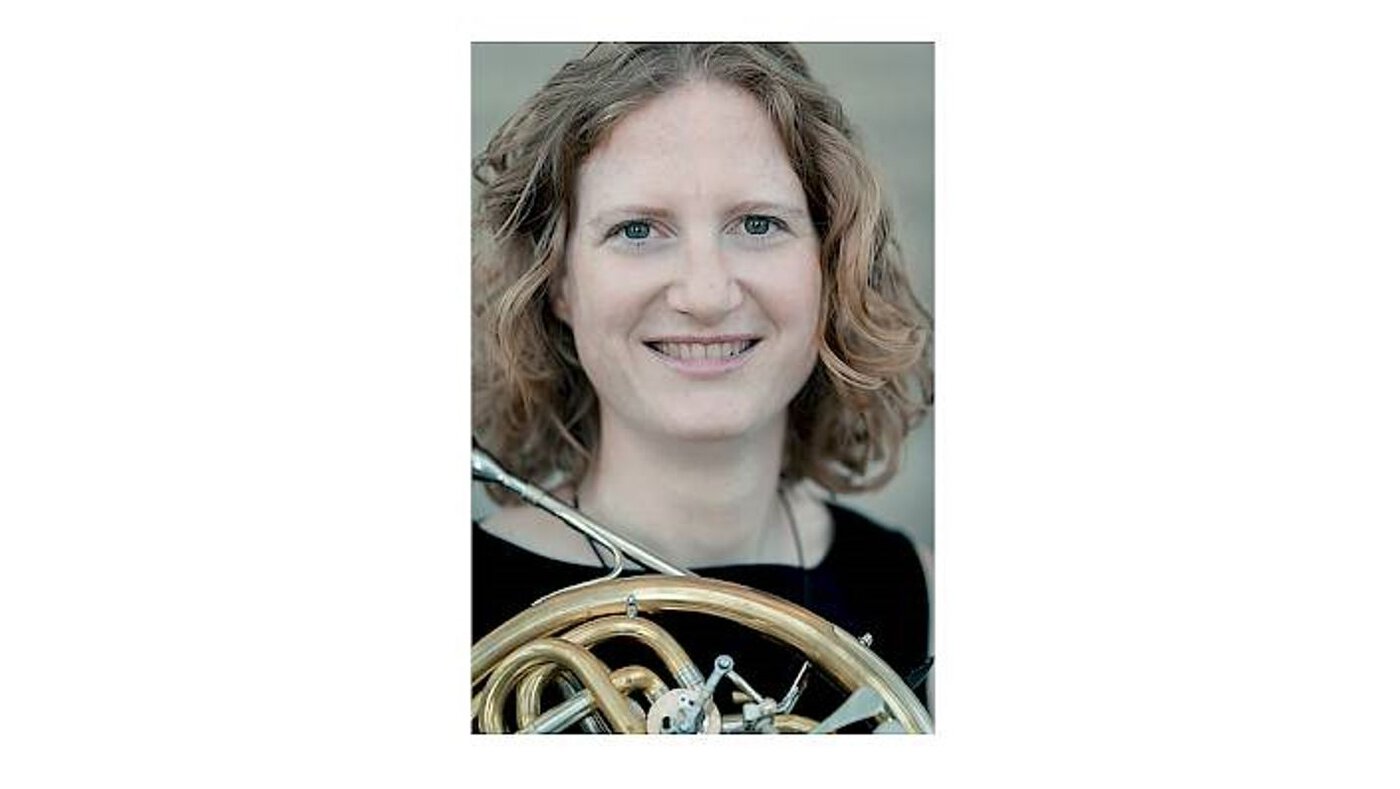A double vote on the AHV
The federal referendum on March 3, 2024 concerns the AHV, a recurring topic with a significant impact on the entire population and also on musicians.
On March 3, voters and the cantons will decide on two initiatives that require a majority of both the people and the cantons to pass. They reflect two opposing views of society: the first provides for a 13th AHV pension, corresponding to the 13th monthly salary that employees can receive, while the second wants to raise the retirement age.
Yes to the 13th AHV pension
The first, launched by the Swiss Federation of Trade Unions (SGB), to which the SMV is affiliated, is based on the federal government's financial outlook for the AHV, which will generate an annual surplus of around CHF 3 billion over the next few years. Contrary to years of pessimism on the part of employers and certain sectors of the economy, AHV assets will rise to CHF 67 billion by the end of the current decade. That is around 20 billion more than today. In addition, the natural gradual decline of the baby boom generation will help to stabilize the financial balance in the long term, as Geneva National Councillor Laurence Fehlmann Rielle underlined in the parliamentary debate in December 2022. At a time when inflation, combined with rising rents and health insurance premiums, means that pensioners will lose the equivalent of a monthly pension in 2024, a 13th OASI pension would undoubtedly bring relief to current and future pensioners.
In fact, with an average monthly pension of around CHF 1,800, the AHV is less and less able to fulfill its constitutional mandate to cover the cost of living. No fewer than 200,000 pensioners are currently living on an income below the poverty line, with a further 100,000 just above it. Women are particularly affected, as a third of them only receive the first pillar. 90% of the working population would benefit from the adoption of the SGB initiative: All income classes participate in the AHV and everyone benefits from direct pension improvements, especially women. The AHV is particularly important for them, as it is the only place where their unpaid work is converted into higher pensions. Strengthening the AHV is all the more important in the current environment because there is neither inflation compensation nor guaranteed pension benefits for salary contributions in the 2nd pillar.
The usual cost argument put forward by the right as soon as a social improvement becomes apparent (an argument that immediately disappears when it comes to generous tax giveaways) is nothing new. Back in 1947, when the AHV was founded, its opponents at the time published a newspaper advertisement claiming that "the financing of the AHV will no longer be guaranteed in twenty years' time." Despite all the prophecies of doom, it developed well and pensions were gradually increased over the following decades with the broad support of all parties. Unfortunately, under the influence of rampant neoliberalism, the political consensus has since faltered. The fact that some are even calling for the federal share of AHV funding to be reduced must be described as inconsistent or cynical, because at the same time they are rejecting the SBG initiative under the false pretext of an impending AHV bankruptcy. In reality, this proves that the threats and attempts at intimidation have no concrete background. Pensioners, including musicians of course, who have not always had the opportunity to pay into the 2nd pillar, fully deserve this 13th pension, which will enable many of them to keep their heads above water.
No to raising the retirement age
Based on this unfounded scaremongering about the continued existence of the AHV, the second initiative, launched by the Young Liberals, calls for the retirement age to be raised to 66, with a further increase in line with the increase in the average life expectancy of the Swiss resident population at the age of 65. According to forecasts by the Federal Statistical Office, life expectancy is likely to increase by more than two years between now and 2050. Looking at the labor market, where people over 50 rarely find a job if they are affected by unemployment, and seeing that companies are reluctant to retrain them as part of a professional reorientation, one gets the impression that this initiative by the young guard of the liberal right is far removed from the reality of the working world. These future lawyers, bankers or entrepreneurs seem unaware of the physical exhaustion of physically demanding professions or those that require special skills. It is not possible for all musicians to retain the same skills, the same speed of reaction and the same good hearing well beyond the age of sixty, and raising the reference age for drawing AHV would be problematic for quite a few of them. High-earning bosses, on the other hand, will still be able to afford to take early retirement very comfortably... In response to the argument put forward by the proponents of this project that the increase in life expectancy would sooner or later lead to difficulties in financing the AHV, the President of the SGB Pierre-Yves Maillard recalled during the 2020 parliamentary debates that if the percentage of people over 65 has doubled since the introduction of the AHV in 1947, the number of contributors has also doubled. In the middle of the last century, the vast majority of women did not receive a salary and their work consisted mainly of housework and family duties, whereas today the majority of them are in paid work. The future of the AHV is therefore not at risk and there is no good reason to raise the retirement age.








